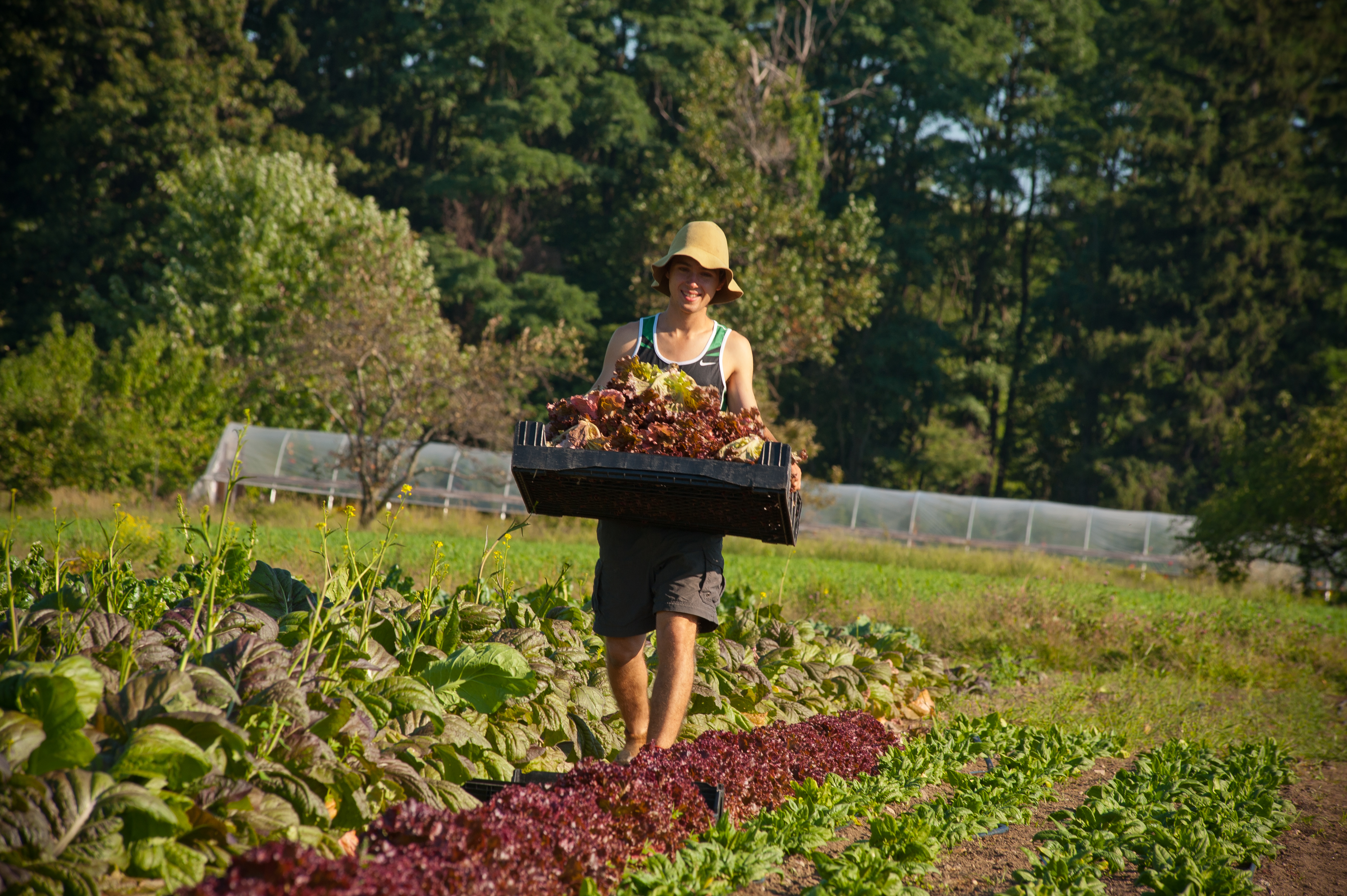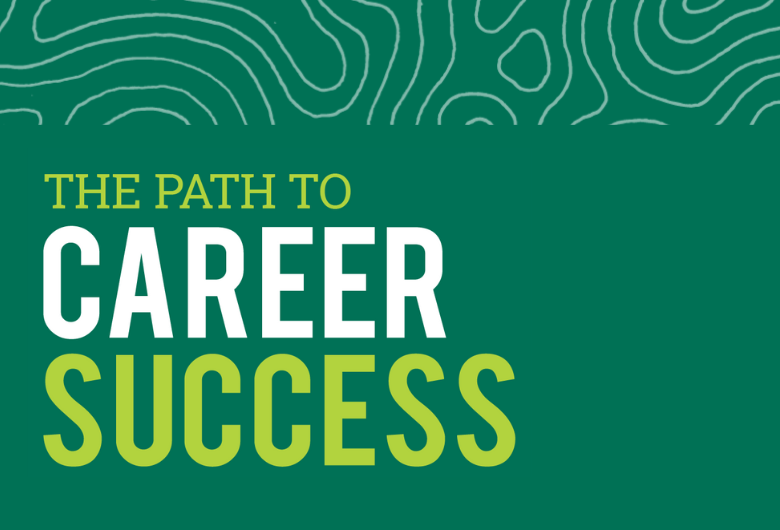Climate change, growing global populations and agricultural sprawl threaten the world’s ecosystems. Food production and landscape design for the 21st century are in need of more sustainable practices.
Agroecology integrates environmental science, ecology and communities to grow food in a way that sustains people and the planet. It is a science of collaboration involving working with people wherever agriculture, conservation, and policymaking converge.
Landscape design is an art and a science that supports both natural ecosystems and human livelihoods. Landscape designers create multifunctional and sustainable landscapes to improve environmental and social systems across urban to rural settings.
Grounded in agricultural and horticultural sciences, our curriculum teaches students how to help transform current agri-food and land management systems with the use of ecologically sound and socially just methods.
B.S. Degree offered through the Department of Plant and Soil Science
Our flexible major offers two concentrations as pathways to your career goals. In both concentrations, students gain an understanding of ecological systems through hands-on coursework, research, internships and engaging with local and global communities.
Choose Agroecology if your goals are to understand the connections between food production and the environment, work within the farming community, address food insecurity, improve production methods or provide education to communities.
Choose Landscape Design if your goals are to understand multifunctional landscapes, learn conservation methods for land and water resources or provide education to communities.










 Our faculty work closely with the agricultural community not only in Vermont, but nationally and internationally. Faculty are both professors and professional researchers, providing rich opportunities for students to engage in research and internships beyond the classroom. UVM students have the opportunity to work in faculty labs, in the field on
Our faculty work closely with the agricultural community not only in Vermont, but nationally and internationally. Faculty are both professors and professional researchers, providing rich opportunities for students to engage in research and internships beyond the classroom. UVM students have the opportunity to work in faculty labs, in the field on 